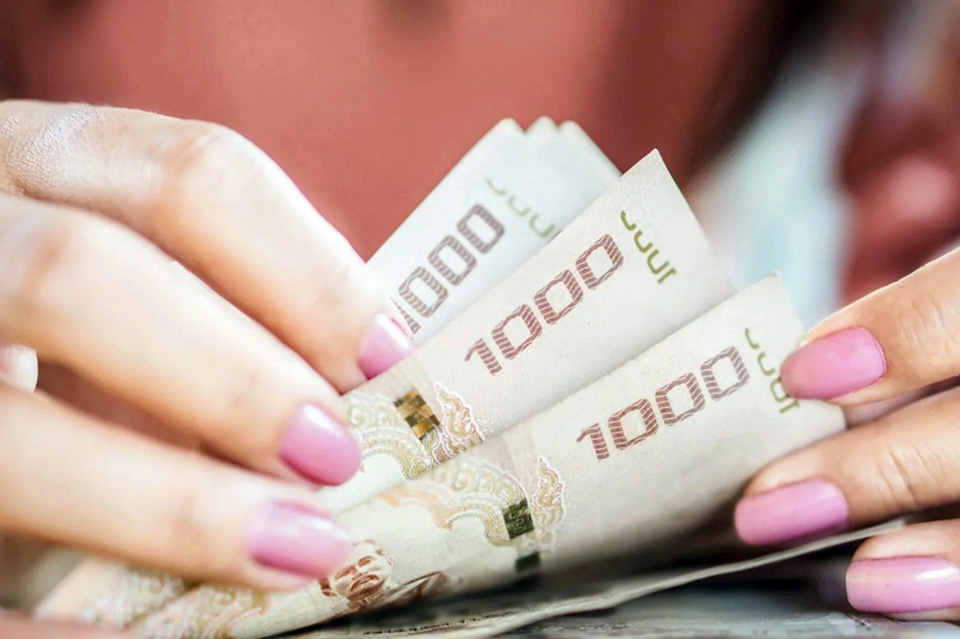
BANGKOK, Thailand – The TMB Analytics center has forecast increased volatility for the Thai baht due to a growing correlation between baht movements and gold prices. This trend reflects a broader pattern influenced by Thai investment behavior and global financial market fluctuations.
Key Findings:
- Baht and Gold Price Correlation: The baht’s volatility has increased, with fluctuations rising from 6-7% to 9-10% in the third quarter of 2024. This mirrors gold price movements, which have surged by 21% year-to-date, reaching $2,492 per troy ounce as of September 3. This trend is notably stronger compared to other currencies.
- Investment Behavior: Thai investors are heavily involved in gold trading and speculation. Thailand ranks among the top global gold trading countries, with gold trading volumes averaging 2.5% of global trade over the past five years. This activity significantly affects the baht, as Thai investors often buy and sell gold, impacting dollar-baht exchange rates.
- Safe Haven Asset: Gold has increasingly been viewed as a safe-haven asset amid global financial uncertainties post-COVID-19. As global financial markets face higher volatility, demand for gold has risen, influencing the baht’s value. Central banks are also diversifying reserves away from the dollar, further impacting gold prices and, consequently, the baht.
- Economic Vulnerabilities: Thailand’s economic fundamentals have weakened post-COVID-19. Although the country historically enjoyed strong economic stability, recent conditions have led to increased vulnerability, with reduced stability in trade balances and foreign reserves. This fragility, combined with global economic uncertainties, contributes to the baht’s volatility.
Recommendations:
– Business Preparation: Businesses should prepare financial tools to manage risks associated with these fluctuations. This includes closely monitoring economic and financial news and using appropriate hedging strategies to mitigate exchange rate risks.
– Monitoring and Hedging: Those involved in foreign currency transactions, including importers, exporters, and investors in foreign assets, should stay informed about economic trends and employ risk management tools to handle potential rapid changes in the baht’s value.
In summary, the interplay between Thai gold trading behaviors, global financial uncertainties, and Thailand’s economic vulnerabilities indicates that the baht will likely continue to experience significant volatility in the near future.








